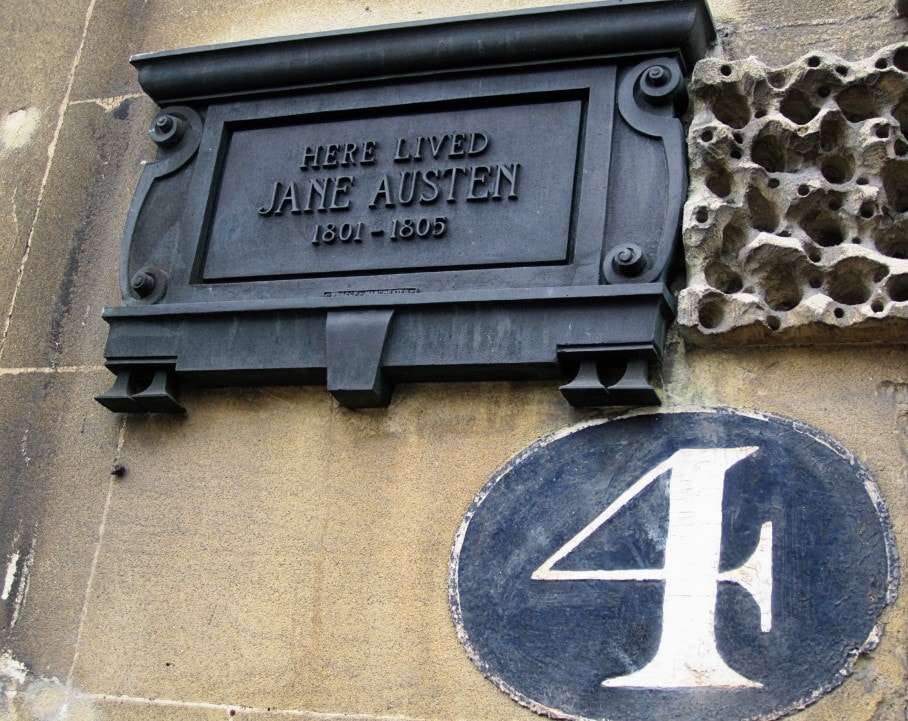The Volokh Conspiracy
Mostly law professors | Sometimes contrarian | Often libertarian | Always independent
Jane Austen and the Second Amendment

No, this isn't about the arsenal you should have to fight the zombie invasion, but rather about punctuation. The Second Amendment famously reads (at least in its official version):
A well regulated Militia, being necessary to the security of a free State, the right of the people to keep and bear Arms, shall not be infringed.
What's with those commas after "Militia" and "Arms"? Well, as Steven Pinker's superb new The Sense of Style: The Thinking Person's Guide to Writing in the 21st Century notes, the famous first line of Pride and Prejudice likewise reads,
It is a truth universally acknowledged, that a single man in possession of a good fortune, must be in want of a wife.
The commas in this sentence are likewise odd to the modern eye, but that just reflects a shift in comma use from 200 years ago: Around 1800, commas were used in large part to indicate the flow of a spoken sentence: Pinker notes that "[w]riters used to place them wherever a pause felt natural, regardless of the sentence's syntax." Today, though, commas are generally used to demarcate particular syntactic features of the sentence; they aren't used just to indicate pauses (though sometimes the syntactic comma does fall in a place where an oral pause would also be normal).
The Constitution itself offers many more examples of commas in places where we wouldn't see them today, for instance,
The Times, Places and Manner of holding Elections for Senators and Representatives, shall be prescribed in each State by the Legislature thereof ….
[N]o Person holding any Office under the United States, shall be a Member of either House during his Continuance in Office ….
Treason against the United States, shall consist only in levying War against them, or in adhering to their Enemies, giving them Aid and Comfort.
Nor does this just reflect some general "comma before 'shall'" rule; the Constitution often uses no comma in front of similar "shall" constructions. Rather, the function of a comma seems to have more broadly changed (and largely narrowed) since 1791 and 1813.
Prof. Ben Yagoda noted the same in 2012, and I'm sure others have, too.


Show Comments (0)